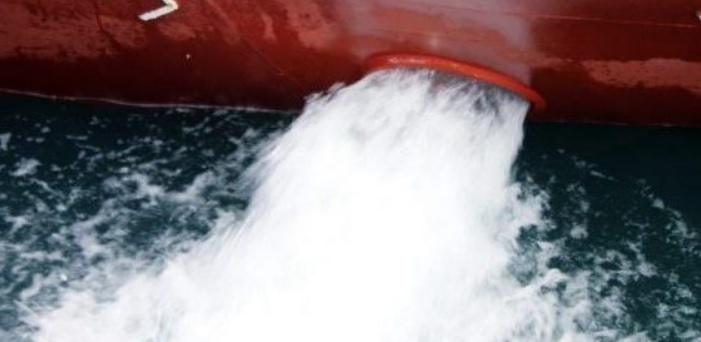BIMCO co-sponsored a paper asking the IMO to improve the ballast water record book. The aim is to improve the existing IMO guidance on the topic.
Due to conflicting interpretation of the records in the ballast water record book (BWRB) by external parties, ships’ crew are faced with a dilemma when filling out the information in the BWRB, says BIMCO.
Currently, ships’ crews are being presented with conflicting interpretations of the various entries in the ballast water record book (BWRB) by administrations, class societies, port state control authorities and third-party auditors.
In comparison, the oil record book under The International Convention for the Prevention of Pollution from Ships (MARPOL) follows a strict coding system, making it less prone to different interpretations. As the BWRB does not have such a coding system, conflicting interpretations are often encountered for items such as:
- Ballast water exchange; which entry and which method?
- The exact meaning of the term “circulated” and “treated”.
- Recording of ballast water treated during ballasting and de-ballasting.
- Should entries be made tank-by-tank?
The ballast water management convention (BWM Convention) is still in a so-called experience building phase (EBP), which allows member states and ships to gather experience on the implementation, analyse the gathered experience and, if required, review and amend the BWM Convention.
At the upcoming MEPC 76 on 10 June 2021, this EBP is expected to move from experience gathering stage to analysis stage.





























































